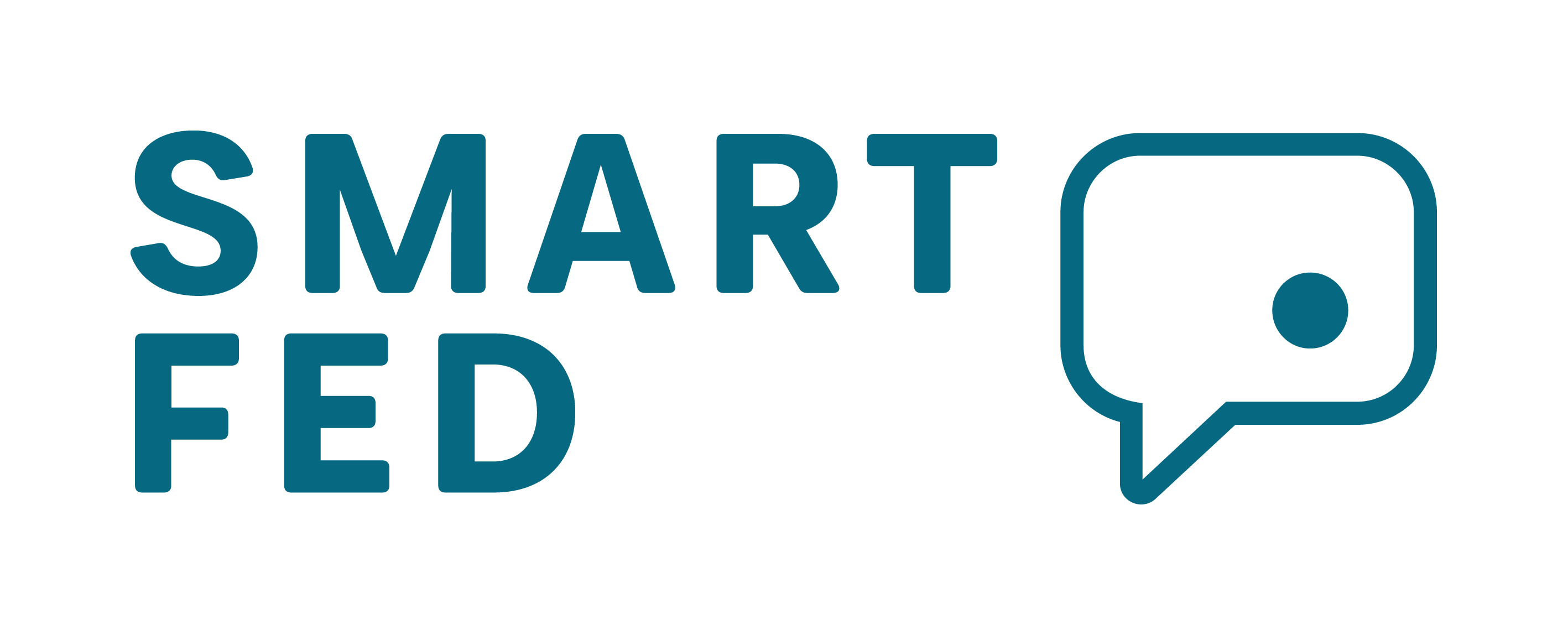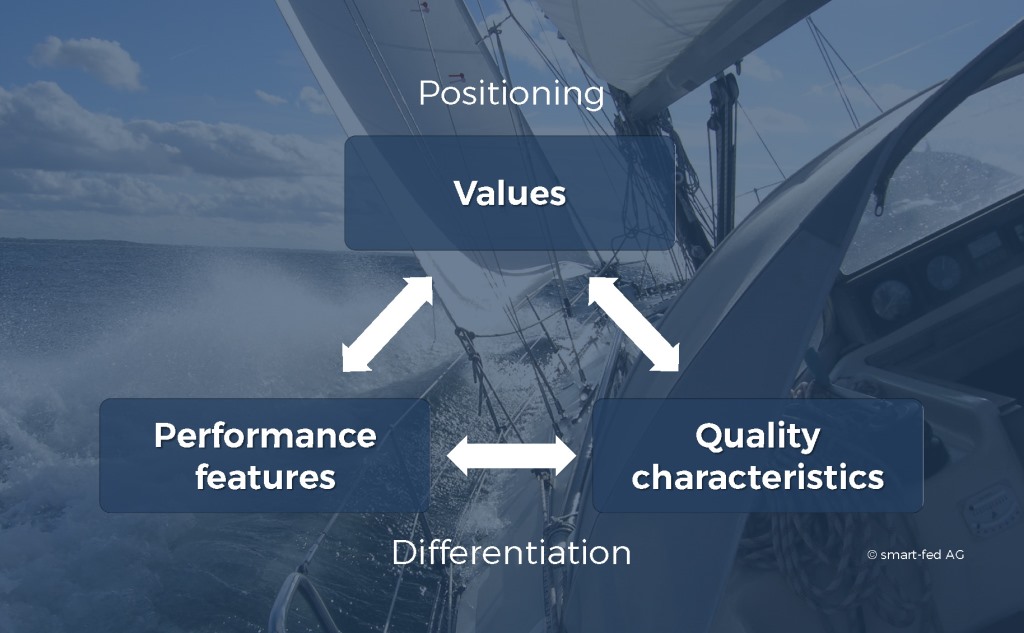Employee surveys?
We don’t need that anymore! There is AI.
The number of companies that refuse to accept feedback from their employees in the form of regular surveys is constantly increasing. Regardless of whether these are classic or pulse resp. microsurveys.
In 2013, employee surveys were among the three most important management tools worldwide. In particular, measuring the Employee Engagement Index was a must for any large organization. Ten years later, employee surveys are more of a “no go” than a “must” for many companies.
The reasons for this are manifold.
In 2020 to 2022, it was the corona-virus pandemic that was often used as an excuse. Except for a brief hype about working from home. Topically, it is the economic situation that is causing companies’ interest in employee feedback to drop to almost zero.
In the longer term, however, there are other causes and developments that have contributed significantly to the fact that employee surveys are increasingly being sidelined.
First and foremost, it is the steadily declining response rates to surveys. This started long before coronavirus. The issue of survey fatigue has also worsened since the introduction of continuous pulse and micro surveys. No wonder.
This development, in turn, is increasingly influencing trust in the informative value of surveys. Who still gives feedback at all? Are they only the yes-men? Is honest feedback still given at all?
So it comes as no surprise that managers are increasingly saying:
“Employee surveys? – We don’t need them anymore!”
But can leadership work without feedback from the organization?
AI – the solution to the problem?
The fact that AI comes into play as a “solution to the problem” is not really a surprise to anyone.
For several years now, more and more AI tools have been entering the market that attempt to indirectly measure or calculate employee performance and engagement or the mood in the organization in various ways.
Some scan and evaluate the activities of employees on their computer systems. For example, how often which websites are accessed or the intensity of data processing on the computers.
Of course, this only works where employees do a large part of their work on the computer.
Other AI tools analyze the content of internal company chats, emails, instant feedback apps and other communication channels, from which the AI generates pseudo-key figures and reports on sentiment, engagement or employee satisfaction.
However, what is actually taking place in the background here is – to put it nicely – systematic and comprehensive observation of employees with the main purpose of measuring or evaluating their performance-related behavior and engagement resp. their commitment to the company. George Orwell sends his regards.
In other words, there is no real feedback from the organization to the management when using AI tools.
On the contrary, the “shot” will even backfire. Employees will become even more withdrawn due to systematic observation by AI. Critical comments on the company’s internal communication channels will become taboo.

The value of feedback
Employees want to give feedback based on personal experiences and observations. This means that relevant and authentic feedback is always intrinsically motivated. Combined with a dash of emotion, which makes it important enough for the person giving the feedback to want to give precisely this feedback.
Being allowed and able to give feedback at any time is not only a form of appreciation, but also strengthens loyalty and trust in the company management.
Direct personal feedback from employees, such as via the SMART FED feedback portal, has a completely different quality than being spied on using AI or obsessive employee surveys, which only lead to survey fatigue.
Topical, individual and authentic feedback from employees is the most important source for any company management to identify positive and negative developments in the organization in a timely manner.
The value and importance of this feedback for management should not be underestimated. Without it, corporate management becomes a kind of blind flight, which entails greater risks with each passing year of overlooking critical changes in the organization and not being able to act in time.
But beware! In order to receive authentic employee feedback, the protection of anonymity is a key requirement. Without this, there will be no honest and open feedback. This has been proven for years by worldwide studies on employee surveys and feedback. There must also be no indirect tracing.
Employee surveys?
We don’t need that anymore!
There is AI.

The number of companies that refuse to accept feedback from their employees in the form of regular surveys is constantly increasing. Regardless of whether these are classic or pulse resp. microsurveys.
In 2013, employee surveys were among the three most important management tools worldwide. In particular, measuring the Employee Engagement Index was a must for any large organization. Ten years later, employee surveys are more of a “no go” than a “must” for many companies.
The reasons for this are manifold.
In 2020 to 2022, it was the corona-virus pandemic that was often used as an excuse. Except for a brief hype about working from home. Topically, it is the economic situation that is causing companies’ interest in employee feedback to drop to almost zero.
In the longer term, however, there are other causes and developments that have contributed significantly to the fact that employee surveys are increasingly being sidelined.
First and foremost, it is the steadily declining response rates to surveys. This started long before coronavirus. The issue of survey fatigue has also worsened since the introduction of continuous pulse and micro surveys. No wonder.
This development, in turn, is increasingly influencing trust in the informative value of surveys. Who still gives feedback at all? Are they only the yes-men? Is honest feedback still given at all?
So it comes as no surprise that managers are increasingly saying:
“Employee surveys? – We don’t need them anymore!”
But can leadership work without feedback from the organization?
AI – the solution to the problem?
The fact that AI comes into play as a “solution to the problem” is not really a surprise to anyone.
For several years now, more and more AI tools have been entering the market that attempt to indirectly measure or calculate employee performance and engagement or the mood in the organization in various ways.
Some scan and evaluate the activities of employees on their computer systems. For example, how often which websites are accessed or the intensity of data processing on the computers.
Of course, this only works where employees do a large part of their work on the computer.
Other AI tools analyze the content of internal company chats, emails, instant feedback apps and other communication channels, from which the AI generates pseudo-key figures and reports on sentiment, engagement or employee satisfaction.
However, what is actually taking place in the background here is – to put it nicely – systematic and comprehensive observation of employees with the main purpose of measuring or evaluating their performance-related behavior and engagement resp. their commitment to the company. George Orwell sends his regards.
In other words, there is no real feedback from the organization to the management when using AI tools.
On the contrary, the “shot” will even backfire. Employees will become even more withdrawn due to systematic observation by AI. Critical comments on the company’s internal communication channels will become taboo.
The value of feedback
Employees want to give feedback based on personal experiences and observations. This means that relevant and authentic feedback is always intrinsically motivated. Combined with a dash of emotion, which makes it important enough for the person giving the feedback to want to give precisely this feedback.
Being allowed and able to give feedback at any time is not only a form of appreciation, but also strengthens loyalty and trust in the company management.
Direct personal feedback from employees, such as via the SMART FED feedback portal, has a completely different quality than being spied on using AI or obsessive employee surveys, which only lead to survey fatigue.
Topical, individual and authentic feedback from employees is the most important source for any company management to identify positive and negative developments in the organization in a timely manner.
The value and importance of this feedback for management should not be underestimated. Without it, corporate management becomes a kind of blind flight, which entails greater risks with each passing year of overlooking critical changes in the organization and not being able to act in time.
But beware! In order to receive authentic employee feedback, the protection of anonymity is a key requirement. Without this, there will be no honest and open feedback. This has been proven for years by worldwide studies on employee surveys and feedback. There must also be no indirect tracing.









